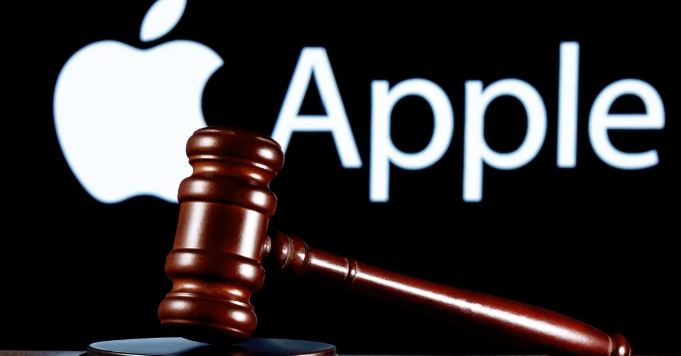
Apple is now facing a landmark lawsuit filed by the Department of Justice. The suit was filed on March 21, 2024.
The DOJ, joined by 16 other state and district attorneys general, filed the civil antitrust lawsuit against Apple on March 21, 2024.
The lawsuit is for monopolization or attempted monopolization of smartphone markets in violation of Section 2 of the Sherman Act.
The lawsuit opens with:
In 2010, a top Apple executive emailed Apple’s then-CEO about an ad for the new
Kindle e-reader. The ad began with a woman who was using her iPhone to buy and read books
on the Kindle app. She then switches to an Android smartphone and continues to read her books
using the same Kindle app. The executive wrote to Jobs: one “message that can’t be missed is
that it is easy to switch from iPhone to Android. Not fun to watch.” Jobs was clear in his
response: Apple would “force” developers to use its payment system to lock in both developers
and users on its platform. Over many years, Apple has repeatedly responded to competitive
threats like this one by making it harder or more expensive for its users and developers to leave
than by making it more attractive for them to stay.
The complaint states that “Apple illegally maintains a monopoly over smartphones by selectively imposing contractual restrictions on, and withholding critical access points from, developers.”
The lawsuit goes on to state, “Apple undermines apps, products, and services that would otherwise make users less reliant on the iPhone, promote interoperability, and lower costs for consumers and developers. Apple exercises its monopoly power to extract more money from consumers, developers, content creators, artists, publishers, small businesses, and merchants, among others. Through this monopolization lawsuit, the Justice Department and state Attorneys General are seeking relief to restore competition to these vital markets on behalf of the American public.”
Another part of the lawsuit reads:
For many years, Apple has built a dominant iPhone platform and ecosystem that has
driven the company’s astronomical valuation. At the same time, it has long understood that
disruptive technologies and innovative apps, products, and services threatened that dominance by
making users less reliant on the iPhone or making it easier to switch to a non-Apple
smartphone. Rather than respond to competitive threats by offering lower smartphone prices to
consumers or better monetization for developers, Apple would meet competitive threats by
imposing a series of shapeshifting rules and restrictions in its App Store guidelines and developer
agreements that would allow Apple to extract higher fees, thwart innovation, offer a less secure
or degraded user experience, and throttle competitive alternatives. It has deployed this playbookacross many technologies, products, and services, including super apps, text messaging,
smartwatches, and digital wallets, among many others.
During a press conference, Attorney General Merrick B. Garland, said, “Consumers should not have to pay higher prices because companies violate the antitrust laws. We allege that Apple has maintained monopoly power in the smartphone market, not simply by staying ahead of the competition on the merits, but by violating federal antitrust law. If left unchallenged, Apple will only continue to strengthen its smartphone monopoly. The Justice Department will vigorously enforce antitrust laws that protect consumers from higher prices and fewer choices. That is the Justice Department’s legal obligation and what the American people expect and deserve.”
Deputy Attorney General Lisa Monaco, said, “No matter how powerful, no matter how prominent, no matter how popular — no company is above the law. Through today’s action, we reaffirm our unwavering commitment to that principle.”
Apple did not immediately return our request for comment.
Read the entire lawsuit here.
